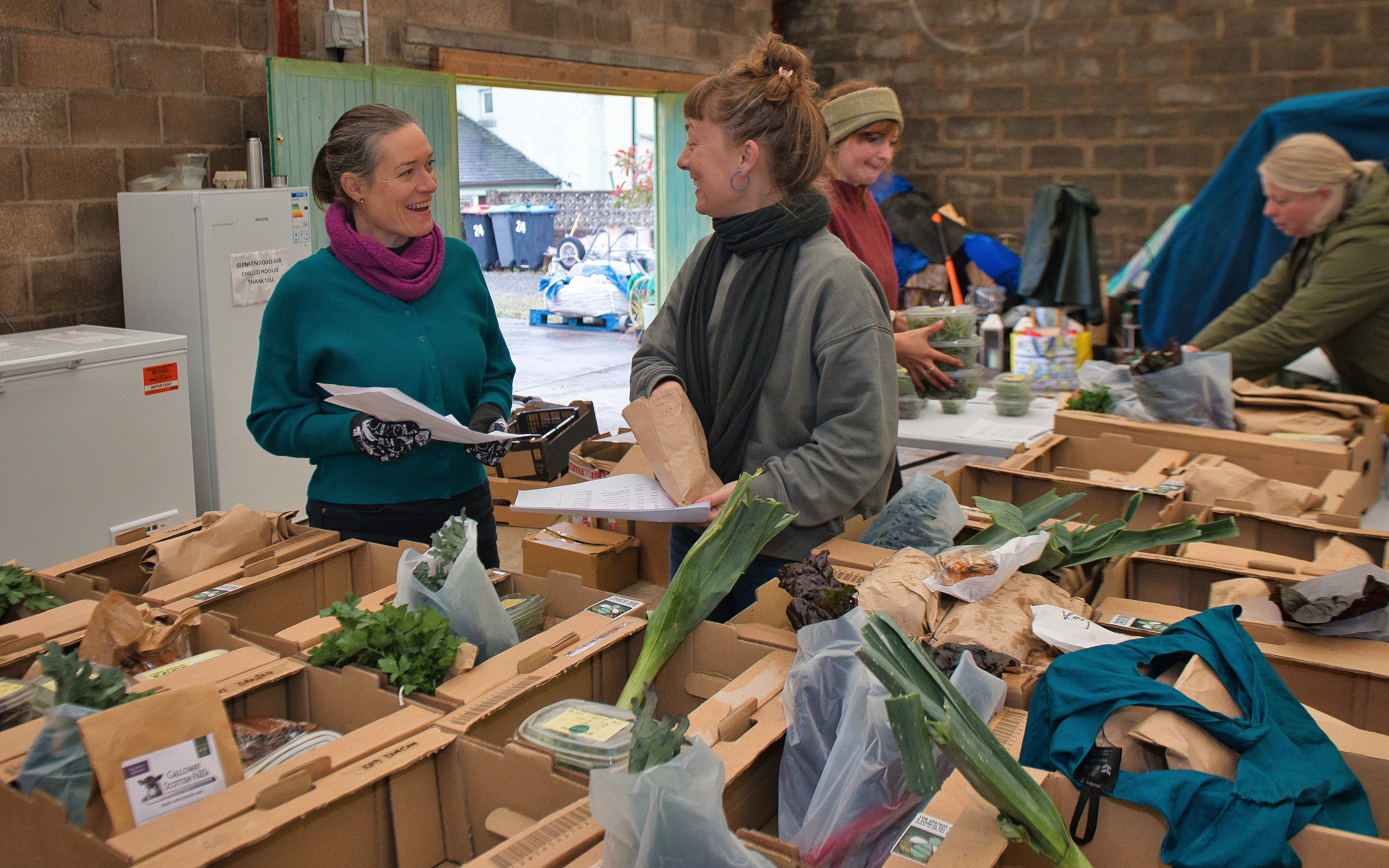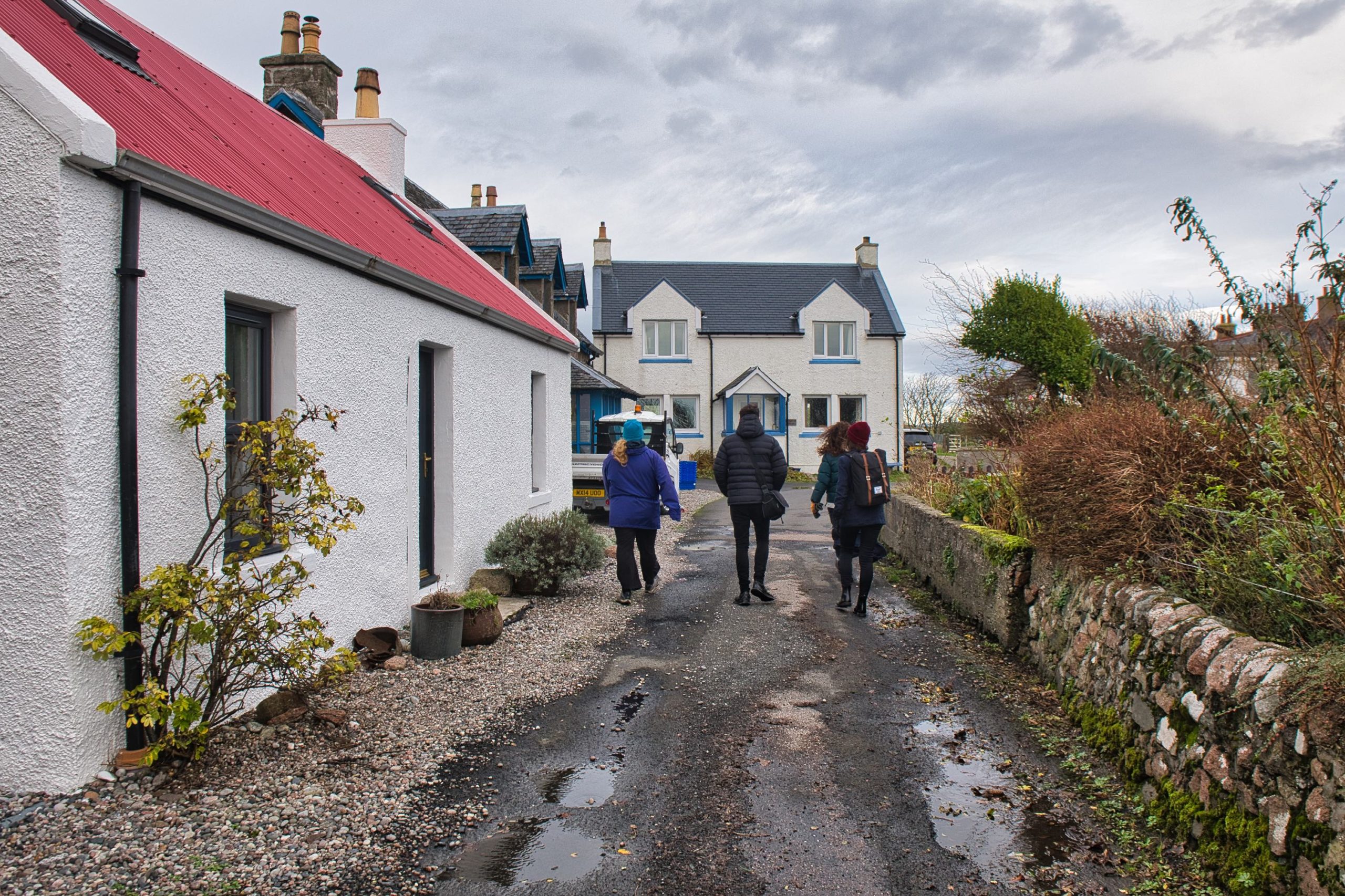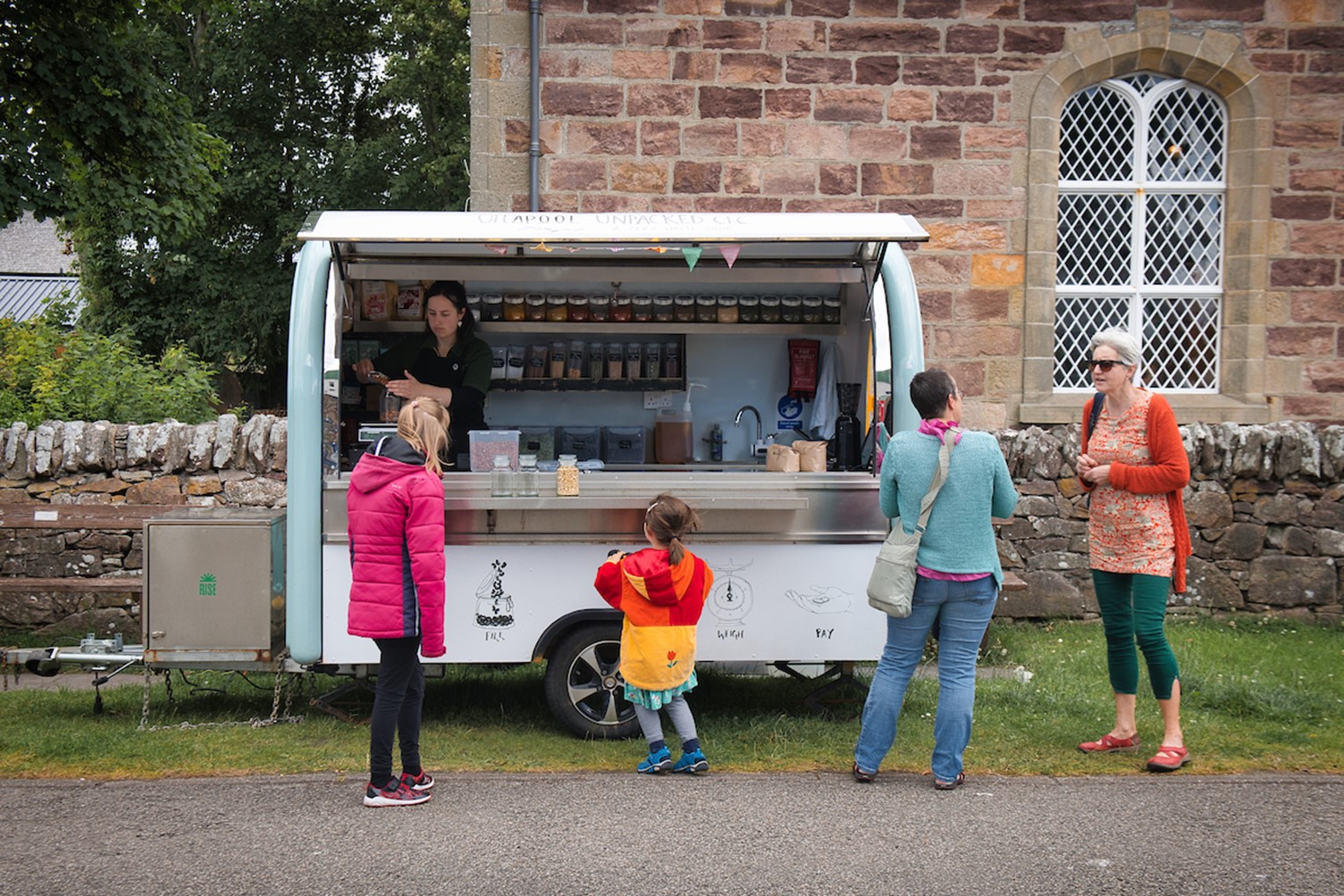It’s Social Enterprise Day. But, who cares?
In the latest post from our Ambitions to 2030 series, and to mark Social Enterprise Day, we reflect on how far social enterprises have come and how much more work is needed to convince others of the transformative impact of our work.
This week, as every third week in November each year, we celebrate Global Entrepreneurship Week (GEW). Started in 2008 as a campaign inspired by the Enterprise Week campaigns in the UK and the US, GEW aims to celebrate, learn and develop start-ups and the ambitious entrepreneurs that make them happen. Social Enterprise Day was established as part of GEW to ‘raise awareness about the work of social enterprises and celebrate their contributions to communities around the world’.
While there is no doubt that we should celebrate the work of social enterprises, I can’t help but wonder: 16 years after the first Social Enterprise Day, are we closer to being recognised as businesses? or are we still confined to the fringes of the entrepreneurial ecosystem?
In my job as CEO, I constantly scan the environment and context in which Firstport operates and consider how this environment influences and affects how we pursue our strategic ambitions and vision. In doing my job and being involved in many meetings, discussions and events, I have started to recognise themes and patterns.
These have led me to the conclusion that, despite a world-leading support ecosystem, a co-designed strategy and action plans, social enterprises in Scotland (and beyond) still have to justify their value and role at every turn.

Communicating value
Social enterprises operate across the country and in most sectors of the economy.
According to the State of the Sector Survey 2023 by SEUK, there are 131,000 social enterprises across the UK with a combined turnover of £78b, equivalent to 3.4% of GDP. They employ around 2.3 million people UK-wide. In Scotland alone, over 6000 social enterprises employ almost 90,000 people. Their total annual income is £6.8b.

They are diverse, inclusive and fair employers. They operate in some of the country’s most deprived communities, ease pressures on public services, and tackle deep-rooted social issues as well as emerging needs.
By many measures, social enterprises are great businesses. But I don’t think many in the public or private sectors, or even the general public, really know what social enterprises are. Perhaps, as a sector, we haven’t done as effective a job as we could at communicating the value that social enterprises bring to communities, not just in terms of social impact but also their economic contribution.
This issue became more apparent when the social enterprise sector moved from the Third Sector to the Economic Development Directorate. Despite the sector’s initial hesitation, it is right that social enterprises should be housed within the directorate responsible for encouraging entrepreneurship and innovation. However, building new relationships and trust with a department unfamiliar with social enterprises and how they can and do already contribute to the Scottish Government’s policies and priorities has been challenging.
The echo chamber
My conclusion is that we have maybe been too busy looking inward and staying within our bubble instead of making our collective voice heard in the broader entrepreneurial ecosystem.
At the Social Enterprise Summit last week, the First Minister committed to working with the sector to “create the space to enable you to make more of an impact on improving outcomes for people in our society and to help us to achieve those priorities of eradicating child poverty, strengthening the economy, delivering on our journey to net zero and improving our public services.” He said, “In my view, there is plenty of space for us to apply innovation to ensure that can be the case.”
While it is fantastic to have an ally in the First Minister of Scotland – a social enterprise enthusiast by his own admission – we want people across departments and governments to share that enthusiasm.
So, how can we do that? The outgoing Chief Entrepreneur for Scotland, Mark Logan, encouraged some of us in the sector to stop being apologetic and shout louder. Maybe he has a point.
But I also think there is an opportunity for us as a sector to evolve our narrative. People know social enterprises deliver social impact, but what about their economic contribution? Can we better evidence that social enterprises create fair and sustainable jobs? Can we demonstrate how they contribute to the local economy and help keep the wealth generated within their communities?
The direction of travel is certainly in our favour. Community Wealth Building is a government policy that plays into social enterprises’ strengths. Also, the recent Inclusive and Democratic Business Models (IDBMs) report shows that social enterprises (alongside co-operatives, employee-owned firms and community enterprises) have ‘an intrinsic and adept capability to aid economic transformation, distribute wealth, support communities and be purposeful in ways that serve people, place and the environment.’

But in the foreword of the report, Neil McInroy also points out that despite IDBMs being a recognised part of the economy, with support organisations, some funding support, and exemplars, they “are not ambitious enough, often disparate and not joined up. We must coordinate and go further.”
In times of increasing funding pressures, fewer grant funding opportunities and changing societal needs, we cannot afford to operate in an echo chamber.
A problem of perception?
Finally, forging better connections with commissioners and policymakers is not enough. We need to work on the public perception of social enterprises.
Last week, I was fortunate to attend a short roundtable with the First Minister and some female social entrepreneurs. During the conversation, a couple of the social entrepreneurs mentioned that being a social enterprise is not always a unique selling point.

For most buyers, whether B2B or B2C, cost and quality are still the primary drivers for their purchasing decisions. Take public procurement, which is often cost-driven. You can have a similar product to competitors, priced fairly and deliver social impact as a direct result of your work. However, in the experience of many social entrepreneurs, price trumps social value.
You may argue that there is a disconnect between the Government’s policy ambitions (CWB, for example) and those making decisions on the ground. However, a case like this serves as a stark reminder that in an era where both public and private purses are tight, no matter how great our cause is, if we want to be competitive in the marketplace, commercially successful and hence able to make a positive impact, we need to offer high quality and value for money.
Controlling the controllables
So where does that leave Firstport, and how can our strategic ambitions support our next steps? The reflections and provocations I pose in this blog are not something Firstport can, or should, tackle alone.
We can, however, use our strategic ambitions and OKR framework to take steps in the right direction, controlling what is within our control, playing to our strengths and continuing to work towards our vision of a society where doing business is synonymous with doing good.

Here are some of the activities we are currently pursuing:
- Impactful. We are determined to articulate the value of the programmes that we deliver. This means collecting, analysing and sharing the relevant information about our work. We have recently produced a Data Strategy to guide this work and are developing an evaluation framework.
- Influential. Articulating the value of our work also offers an opportunity to share learning and insights. We want to use these to build credibility and relationships, ensuring Firstport and the social entrepreneurs we support have a voice and sit at the right tables.
- Ambitious. Delivering client-led support is paramount if we are to create businesses of the future that can tackle the needs of their communities whilst creating jobs and opportunities. We continue to refine our business advice offering and iterate our delivery, so we keep up with the pace of the needs of those we serve.
Looking forward
Individuals and communities are facing very complex challenges at a time of unprecedented budgetary constraint. These challenges are rooted in poverty, trauma, disadvantage and the climate emergency. And the solutions are not quick, easy or straightforward. In social enterprise and the Scottish ecosystem, we have a model and means to come up with solutions to these issues. But we need to come together and make our voices heard.
So, how can things be different on Social Enterprise Day 2025? How can we move the dial in the right direction and tackle some of the challenges we face between now and then?
I think we can start by being braver and louder. To echo Neil McInroy in the IBDMs report, let’s “advocate for a new ecosystem that turns the dial, ramps up impact and with serious focus meets Scotland’s economic ambitions to be strong, dynamic and prosperous.”
After all, who wants an anti-social economy?
This blog is part of our Ambitions to 2030 series. You can read the previous post on building progressive working practices here.
Our Case Studies section showcases some of the fantastic social entrepreneurs making a difference in their communities.
